As an injury attorney that loves premise liability fact patterns, I can spot an unsafe condition from a mile away. From an oil spill at a gas station to a concealed depression/hole on condominium property, nailing down liability in these cases can be extremely difficult. In order to effectively represent injured claimants in these scenarios, it is critical to be aware of the open and obvious doctrine, its application, and how to minimize its impact on your case. As a matter of course, defense attorneys invariably argue open and obvious in almost every premises liability case, hoping to water down the Plaintiff’s liability position. However, experienced attorneys understand that the open and obvious doctrine can be defeated with proper argument and expert(s) (each case is obviously different).
In an recent opinion filed on July 21, 2019, from the 5th District Court of Appeal in Florida, the Court re-affirmed that the open and obvious doctrine “does not completely discharge the property owner’s duty to maintain the premises in a reasonably safe condition”. Parker v. Shelmar Property Owner’s Association, Inc., et. al., No. 5D18-2105 (Fla. 4th DCA. June 21, 2019); see Trainor v. PNC Bank, N.A., 211 So. 3d 366, 368 (Fla. 5th DCA 2017). This ruling may not be new to injury attorneys but it is particularly important in a premises liability injury case when a Defendant moves for Summary Judgment because the hazard is argued to be open and obvious. In Parker, Plaintiff sustained injuries when she tripped on a wheel stop in Defendant’s parking lot which was, arguably, open and obvious. Plaintiff alleged that Defendant had a duty to maintain the premises in a reasonably safe condition and that the specific placement of the wheel stop breached that duty, resulting in her injury. Defendant moved for Summary Judgment as a matter of law, pursuant to the open and obvious doctrine. The Circuit Court for Seminole County granted Summary Judgment. However, the 5th DCA reversed, finding that “when an injured party alleges a breach of the duty to maintain the premises in a reasonably safe condition, factual issues frequently exist ‘as to whether the condition was dangerous and whether the owner or possessor should have anticipated that the dangerous condition would cause injury despite the fact that it was open and obvious.’” Aaron v. Palatka Mall, LLC, 908 So.2d 574, 578 (Fla. 5th DCA 2005); see also Burton v. MDCPGA Plaza Corp., 78 So.3d 732 (Fla. 4th DCA 2012). While this ruling is not new, it is critically important to effective representation of our injury clients. As in Parker, utilizing the right expert can greatly help overcome Summary Judgment in these cases, especially if the hazard violates industry safety standards. If you have sustained injuries due to an unsafe, hazardous, or defective condition on someone else’s property, call our office for a free consultation.
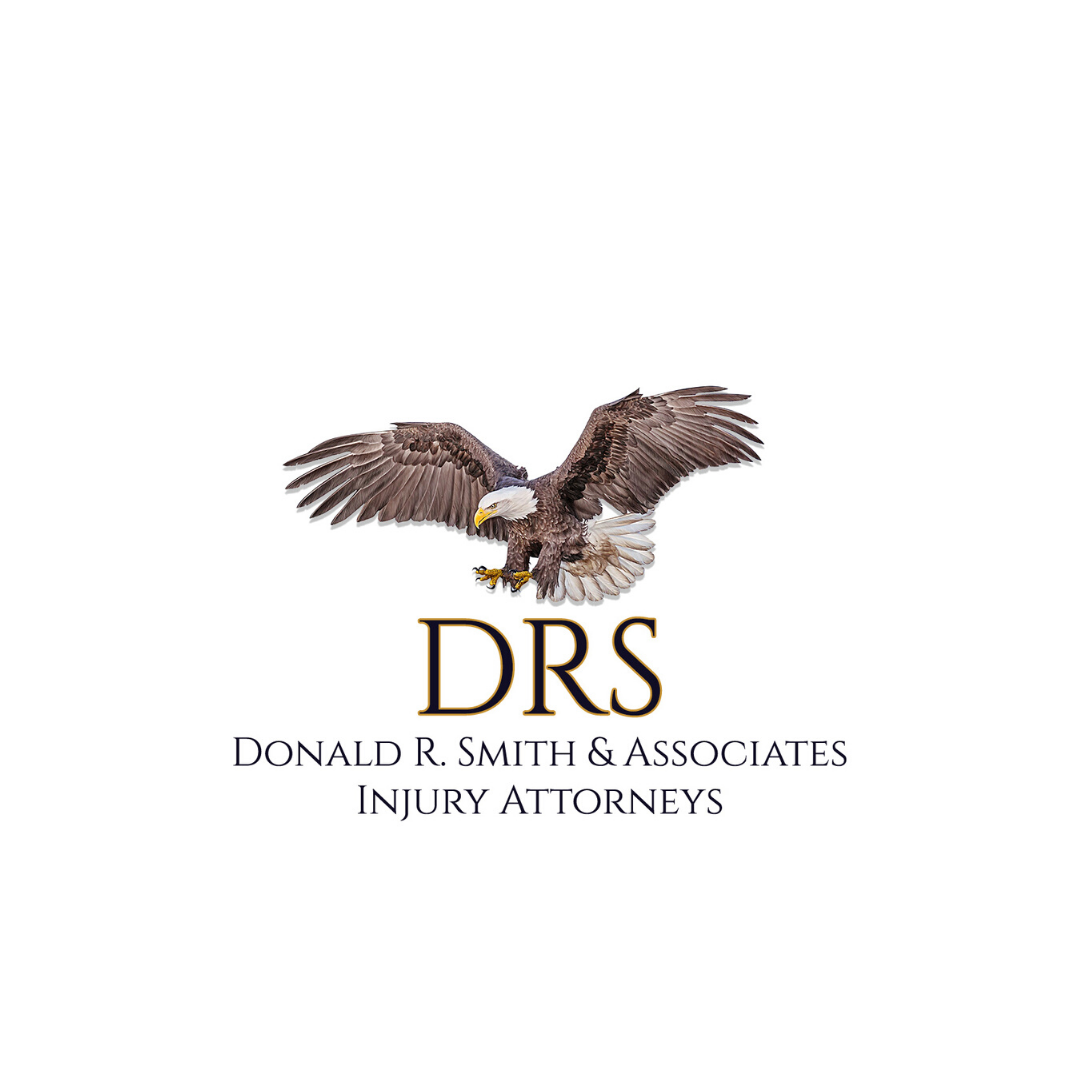

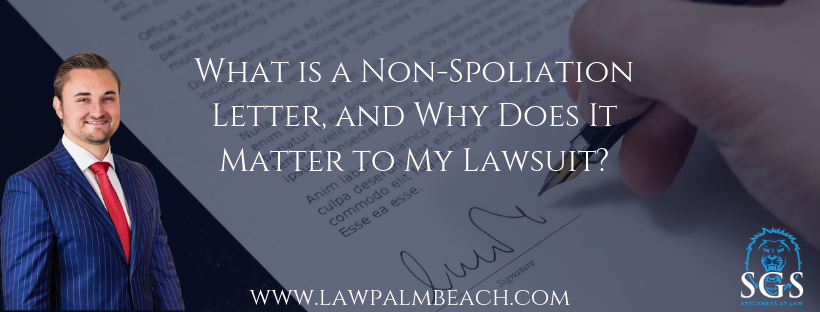
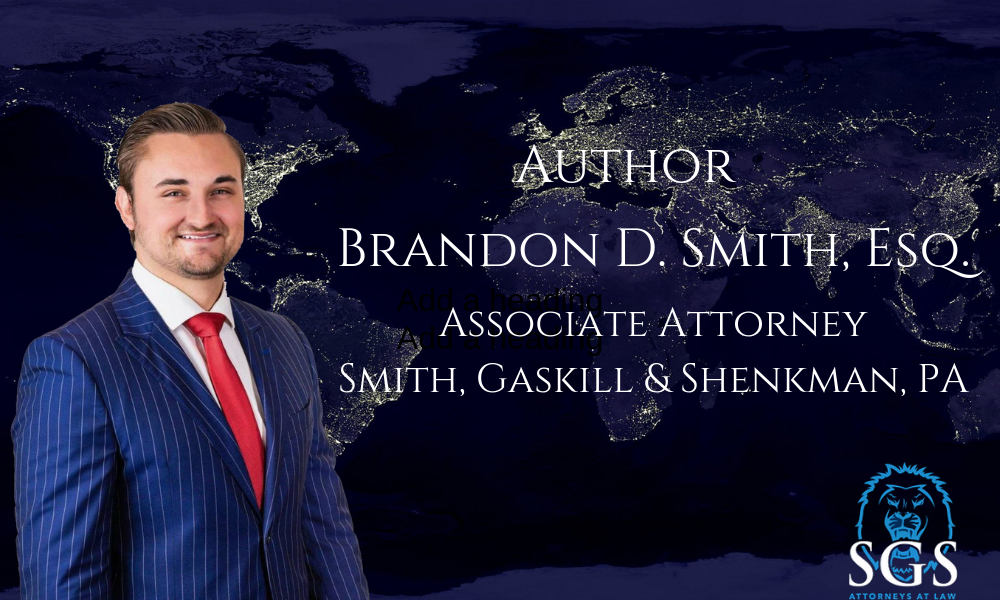
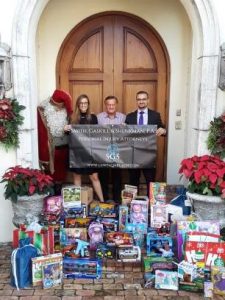

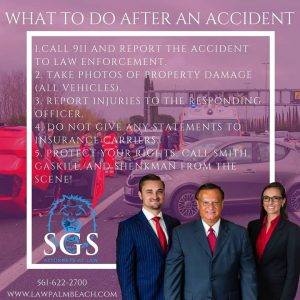
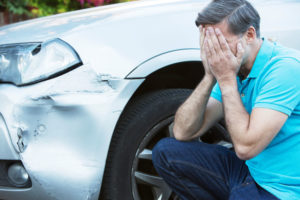 It is not a myth that insurance carriers look for any reason to deny or diminish the value of your claim—whether it be a policy exclusion, physical evidence, prior medical treatment (it may even be unrelated prior medical treatment!) or even the narrative of a Police Report. We have seen it all. To the untrained claimant, a denial seems like the end of the road. However, often times, it is not.
It is not a myth that insurance carriers look for any reason to deny or diminish the value of your claim—whether it be a policy exclusion, physical evidence, prior medical treatment (it may even be unrelated prior medical treatment!) or even the narrative of a Police Report. We have seen it all. To the untrained claimant, a denial seems like the end of the road. However, often times, it is not.